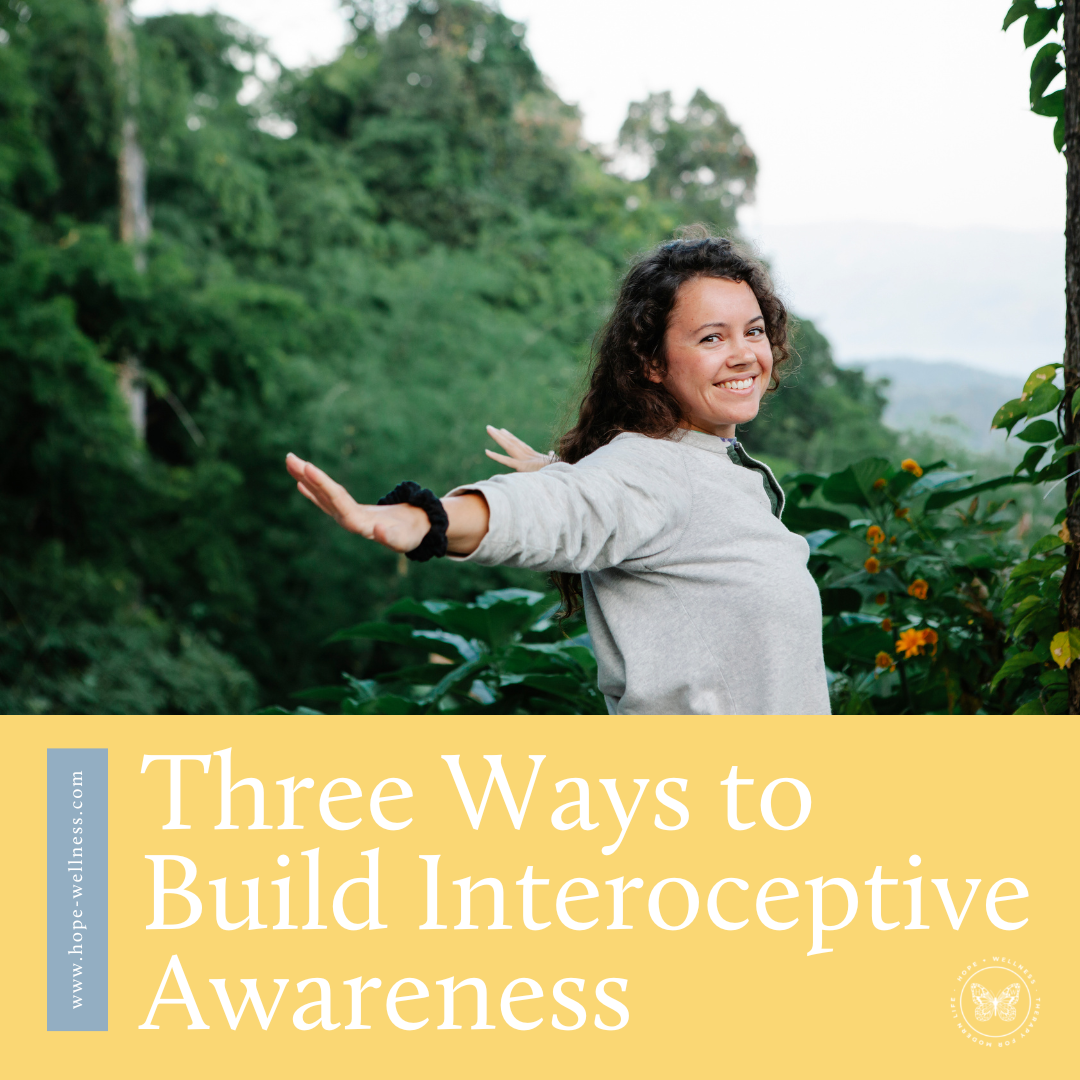5 Ways to Cultivate Creativity
5 Ways to Cultivate Creativity
How creative are you? Creativity often brings to mind artists or musicians, but there are infinite ways to be creative. You might not consider yourself creative at all, and that’s okay. We tend to think of creativity as something that you either have or don’t, but the truth is that you can become more creative. Cultivating creativity can help boost your self-esteem, improve your work performance, and leave you feeling more fulfilled.
Every person has the ability to be creative, but we don’t always nurture that ability. Creativity is definitely seen as important to a degree, but we also prize productivity and there’s a myth that creativity can get in the way of that. In fact, the opposite is true. Creativity can help boost productivity in and out of the workplace by helping people to thinking outside the box and problem solve in new ways.
Even though creativity is a part of everything, some people frown on creativity or think that creating isn’t a worthwhile way to spend time. We all have responsibilities and commitments, but we also all deserve to feel joy and rest. There can be a balance between being creative and being productive, if that’s what you want. Creativity itself can also help with productivity - you can see multiple points of view and approach problems from new perspectives, which can help get things done.
If you’re interested in cultivating creativity in yourself, there are some steps you can take to encourage that! Here are our top tips to cultivate creativity:
Be curious
One of the keys to creativity is curiosity. Creative folks ask questions. They want to know and understand more. Keep track of the things that make you curious. You can keep a list on your phone or in a journal to see what draws your attention. What are you drawn to? What do you want to know more about? If you’re still getting stuck, go back into your memories. What made you curious as a kid? What were you drawn to back then? Chances are, you still like a lot of that same stuff. See how it feels to explore it now, as an adult.
Build your confidence
It can be hard to be creative if you don’t have confidence in yourself. Creating is vulnerable. You’re making something out of yourself, and it can be hard to feel confident in sharing that with others. Some folks feel impostor syndrome about creativity - where they feel they aren’t creative enough, they’re just pretending. If that comes up for you, building up your confidence is a helpful step. Set yourself up to succeed at something. If you’re nervous about sharing your creative side with others, pick one person close to you to talk about it with. Pick someone who is a big fan of yours and will be enthusiastic about it. Once you have one good interaction under your belt, it might be easier to talk about.
Set up a ritual
Sometimes it’s hard to get in the habit of being creative when it’s not something you’re used to. Rituals can help you get in the right mindset to be creative so your brain knows it’s time to create. You can have a simple ritual like lighting a candle before sitting in your creative space, or you can be more involved. Find something that works for you. It can also be helpful to try to tap into your creative energy in a designated space. This isn’t to limit your ability to be creative, but to help you focus on creativity while you’re in that space. Is there a corner where you can set up a little table and keep the things that inspire you? Decorate the area with things that make you feel inspired or curious to stoke that creative fire.
Be consistent
Another aspect of creativity is consistency. People that are creative are consistently committed to creativity. They make time for it, whether or not they feel like it, and whether or not they produce something. Creativity is like a muscle, and using it over and over will make it easier to access in the future. Set aside a regular chunk of time every week to devote yourself to being creative. You don’t have to have any goals other than have a good time. You don’t have to make anything social media worthy or perfect. Just enjoy yourself and the rest will follow.
Remember that failure is normal
Finally, it’s important to remember that failure is a part of life. It’s really hard to be creative when you’re paralyzed by the fear of failure or rejection. Creativity is about the journey, not the destination. So if you create something that doesn’t work out or doesn’t do well, that doesn’t mean it was a waste of time! At the very least, you’ve learned more about what doesn’t work and that can help you next time. If the fear of not being successful or good enough is holding you back, consider what it would feel like to live your whole life without exploring your creative side. That would probably feel pretty bad, right? If you’re still concerned about what people will think or if you’ll be judged, try to release yourself from the expectations of other people. Your job is to do what’s right for you, and you’re the expert on your own life. You get to decide what works for you!









When you live authentically, you are staying true to yourself and your values. Here are 5 steps to start living more authentically.